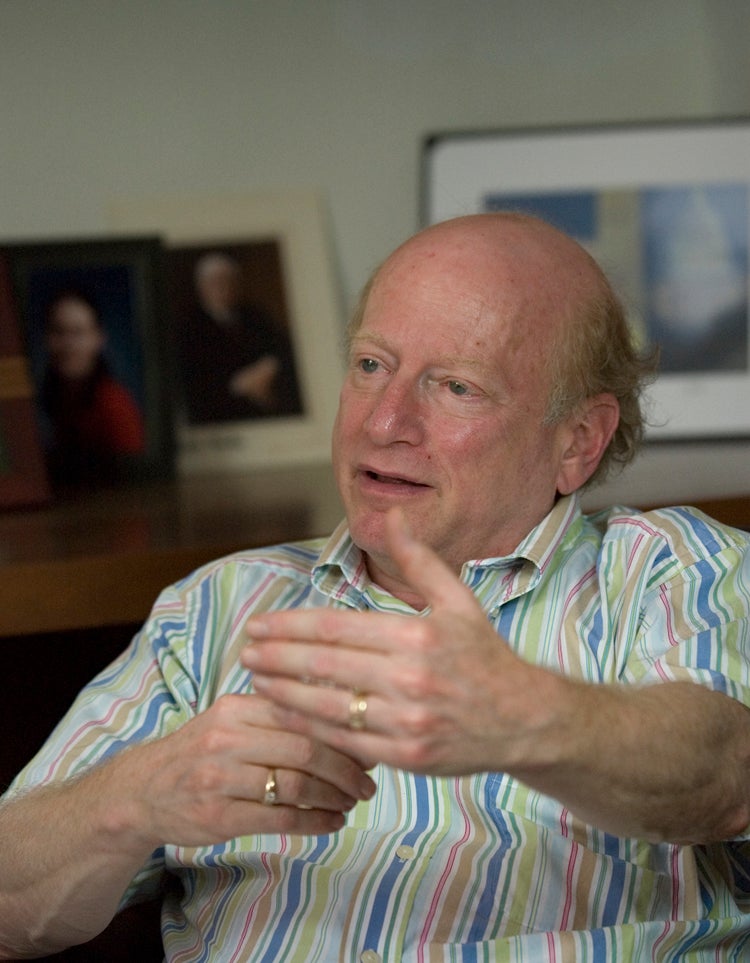On Wednesday, September 9, the High Court heard reargument in Citizens United v. Federal Election Commission, a case that involves the Bipartisan Campaign Reform Act, a 2002 statute passed by Congress to limit election-related communications, especially so-called “attack ads.” National Public Radio described it as “a case that could rip apart the legal underpinnings of the nation’s campaign finance laws.”
Harvard Law School Professor Mark Tushnet, a constitutional law scholar and a leading expert on the First Amendment, answers some questions and offers an assessment of what’s at stake in the case:
Q: Why did the Court order a re-argument of the case?
Tushnet: Since early in the twentieth century corporations and, later, labor unions have been prohibited from spending their money on political advertising. The Supreme Court repeatedly upheld these prohibitions, concerned about the impact that the aggregation of wealth, assisted by law, might have in political campaigns. The re-argument in Citizens United asks the Court to consider whether the First Amendment makes unconstitutional these long-standing restrictions on corporate and union activity in political campaigns.
It’s important to emphasize that the broad issue in the case is not whether a nonprofit corporation like Citizens United, whose sole purpose is to participate in politics, can produce a political advertisement, although that might be one narrow basis for overturning the Federal Election Commission’s decision that it cannot. Rather, the broad issue is whether corporations of any sort can fund political advertising. In Citizens United, that issue arises because some of Citizen United’s funds were contributed to it by corporations.
Q: What are the implications for electoral politics if the Supreme Court rules in favor of Citizens United?
Tushnet: It’s hard to know what the real impact of a decision in Citizens United’s favor would have. Corporations and unions would have the ability to support political advertising of any sort. How much advertising they would support is unknown. It might be small, or it might be large. Congress’s judgment over the past century has been that the chance that corporate and union support for political advertising would be troublingly large, and on ordinary views about “judicial restraint,” the Court should be cautious about licensing spending that Congress seems to believe would distort our political discourse.
(It should be noted that the case does not involve challenges to rules prohibiting corporate and union contributions to candidates themselves, but only contributions to support independent political advertisements. And existing law allows corporations and unions to set up separate funds, outside their corporate and union treasuries, that can contribute to political advertising. But running such funds is expensive, and making contributions out of corporate and union treasuries is easier.)
Q: Based on how the argument went, what do you think the Court is likely to do?
Tushnet: From all reports, a majority seems inclined to rule that it’s unconstitutional to prohibit corporations and unions from making contributions to support campaign advertisements, but the issue of contributions directly to candidates isn’t before the Court.
